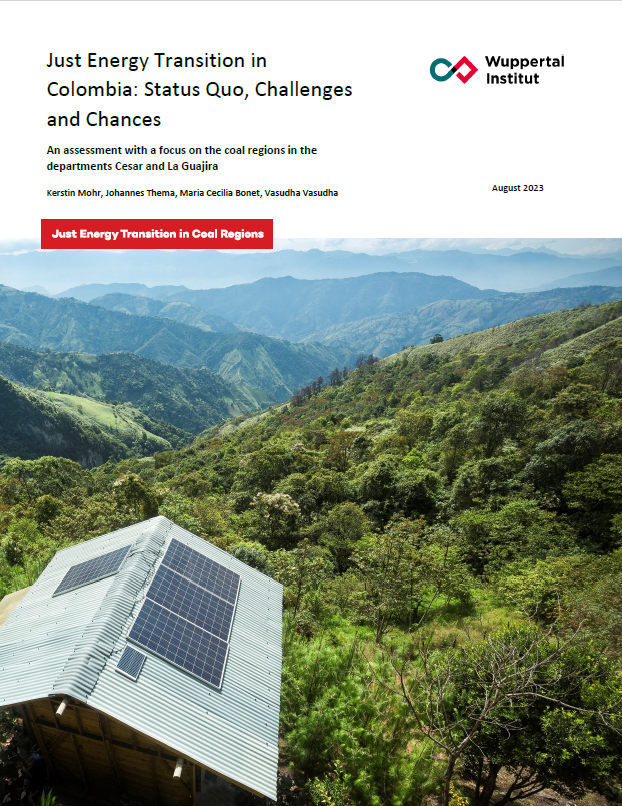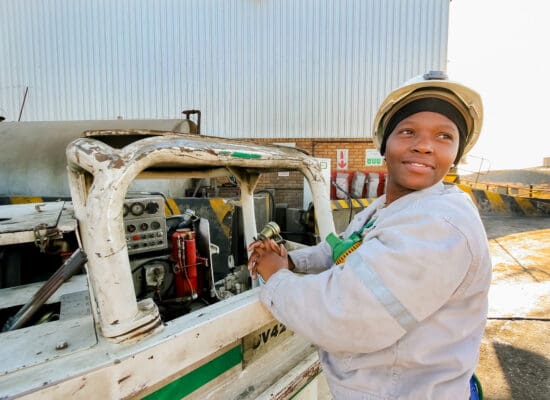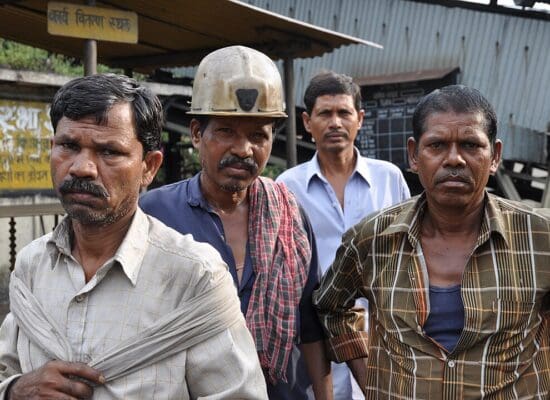
News
South Africa Makes a Crucial Step Toward the Implementation of its Just Energy Transition Investment Plan
We outline the main takeaways from a JET Investment Plan (IP) Focus Group held in Mpumalanga, South Africa, in September 2023.
The South African Presidential Climate Commission (PCC) was set up by the government in September 2020 with the overarching goal of facilitating a just and equitable transition toward a low-emission and climate-resilient economy. It recently established a Project Management Unit (PMU) to oversee the implementation of the Just Energy Transition Investment Plan (JET-IP). This is an important step for the first stages of the JET-IP, which was published in December 2022 and will run for the 5-year period between 2023 and 2027. As part of South Africa’s just transition strategy, the JET-IP provides an investment framework on how best to utilize the initial USD 8.5 billion investment of the Just Transition Partnership, which was established between South Africa, France, Germany, the United Kingdom, the United States, and the European Union at the 2021 UN Climate Change Conference (COP 26).
In the first stages, the PMU will develop a roadmap to guide the plan’s implementation. One of the initial investments will be in the Mpumalanga region, where the JET-IP will be investing ZAR 60.4 billion to facilitate the just transition of the region’s coal mining sector. Key programs will include repurposing coal plants and mining land, infrastructure development, local economy diversification, developing transition plans for the coal workforce, and investing in the skill development of future generations.
A JET Financing Facility is also being set up to manage financial flows into the plan and match investors with appropriate grant-funded projects at the community-based level. The PMU office is also rolling out focus groups to solicit inputs into various parts of the JET-IP and provide preliminary updates on the spending of the JET-IP to date.
Topics under discussion include the JET-IP’s implementation roadmap, developing an appropriate governance structure to ensure the best possible outcomes of the plan, identifying potential bottlenecks, and developing opportunities for catalytic finance.
According to the PMU, current funding for the JET-IP is largely focused on technical capacity development, including community development, reskilling and upskilling the mining workforce to enter the renewable energy sector, and technical assistance for project preparation and packaging. In the future, funding will additionally prioritize areas such as community support, economic diversification (enterprise development, credit facility, and small business funding), skill development (renewable energy and green hydrogen), and community development initiatives (trade unions, inclusive decision making, and monitoring and evaluation).
The just transition will not be smooth sailing. The ongoing energy crisis in South Africa is a hurdle for accelerating the coal transition, as the existing energy grid is in dire need of infrastructure upgrades to accommodate renewable energy and energy storage options.
Nevertheless, the South African government has recently published the South African Renewable Energy Plan (SAREM), which outlines the government’s key objectives to industrialize the renewable energy value chain in an inclusive and just way by 2030. This shows that the government is continuing to work on advancing related macroeconomic policies, which are needed for the successful implementation of the Just Energy Transition Partnership.
Stay Informed and Engaged
Subscribe to the Just Energy Transition in Coal Regions Knowledge Hub Newsletter
Receive updates on just energy transition news, insights, knowledge, and events directly in your inbox.


